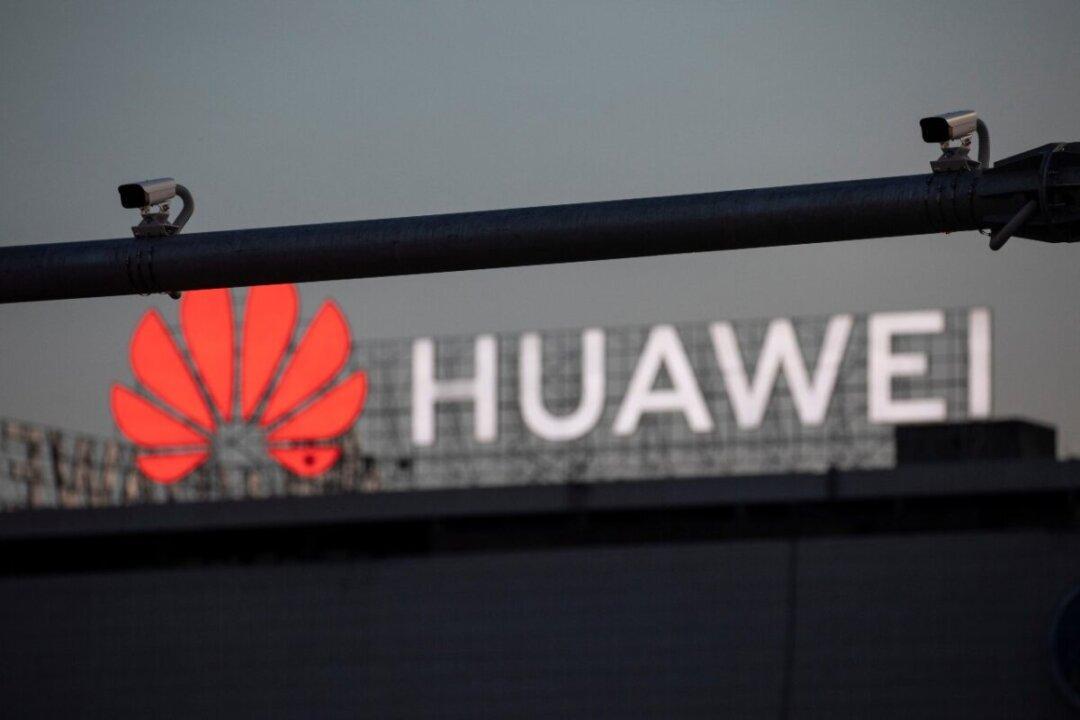Canadian universities are continuing research collaborations with Chinese institutions despite government efforts to impose stronger measures against potential technology transfer to the regime and address related national security concerns, the House of Commons science committee heard.
Jim Hinton, an intellectual property lawyer and assistant professor at Western University, emphasized this finding during his testimony at the House Standing Committee on Science and Research on Oct. 4.





